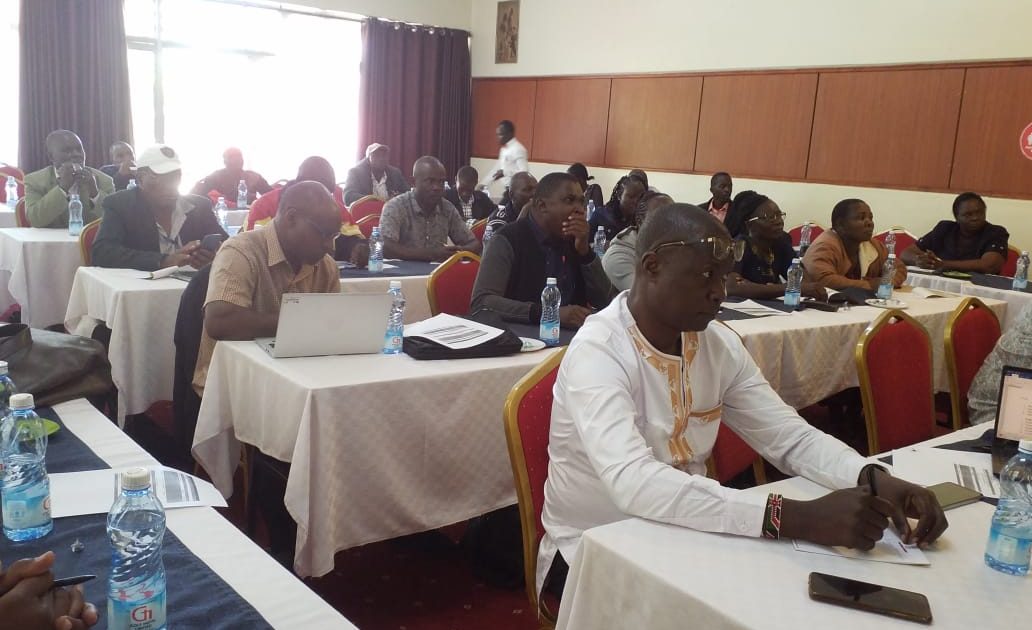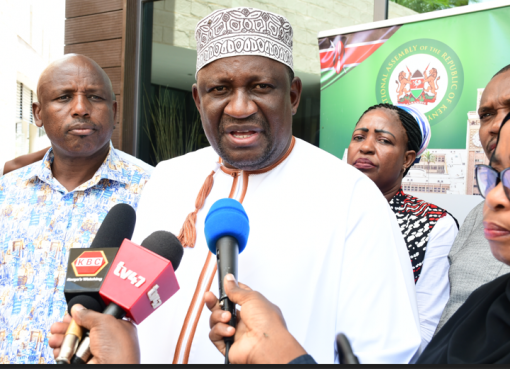The Ministry of Agriculture and Livestock Development is seeking to regulate veterinary services by establishing two bodies, the Kenya Veterinary Council and the Veterinary Medicines and Vaccines Authority, to realise the goal.
According to a proposed Bill, the veterinary council will be in charge of training, business, practice, and employment of veterinary surgeons and para-professionals.The body will also register, issue licenses, control and regulate veterinary practice, among other roles.
The Veterinary Medicines and Vaccines Authority will, on the other hand, enforce quality assurance standards in the manufacture, distribution, and use of veterinary medicines and vaccines to safeguard human and animal health and the environment.
The Authority shall also be responsible for the categorization of veterinary medicines and vaccines and the qualification of persons authorised to trade in each category.
The Council will also be the sole registrar of veterinary medicines and vaccines manufactured or imported for use in Kenya or for export from Kenya, among other functions.
Ministry officials and members of the taskforce involved in the formulation of the draft Veterinary Practice and Veterinary Medicines Bill held a stakeholder’s engagement at a Kakamega hotel with professionals and agro-dealers from the four counties of Kakamega, Busia, Bungoma, and Vihiga, from whom they sought their input before the Bill becomes law.
The Bill further proposes that the authority be governed by a board of nine members, most of whom must be veterinary professionals.
Deputy Director in Charge of Livestock Policy and Research, Dr. William Ambaka Akwimbi, said the law that has been managing the sector was last reviewed ten years ago and that there was a need to realign the law to conform to the 2010 constitution.
“We want to substantially create the Kenya Veterinary Council to regulate the profession and the Veterinary Medicines and Vaccines Authority to manage the drugs,” he added.
Dr.Akwimbi said once views from the various stakeholders are collected and collated by May 17, 2024, a final validation forum will be held before the Bill is sent to the Office of the Attorney-General for verification before its transmission to Parliament for approval to become law.
He clarified, however, that if passed, the Act will only apply to the training and licensing of diploma and certificate holders.
A member of the taskforce involved in the formulation of the draft, Dr. Maurice Ogutu, said the country has for long been operating veterinary medicines and vaccines under regulations, which is against international law that requires that it operate under an Act of Parliament.
“The veterinary medicines and vaccines law, as it is now, is being operated under regulations which are a secondary law and not a primary law as per international law requirements,” he added.
Dr. Ogutu, who represents the pharmaceutical industry, said these laws will ensure proper supervision and regulation of the registration, manufacturing, importation, and exportation of veterinary medicines in the country.
The Proposed Bill has also spelled out penalties for those contravening any of the provisions.
By George Kaiga




